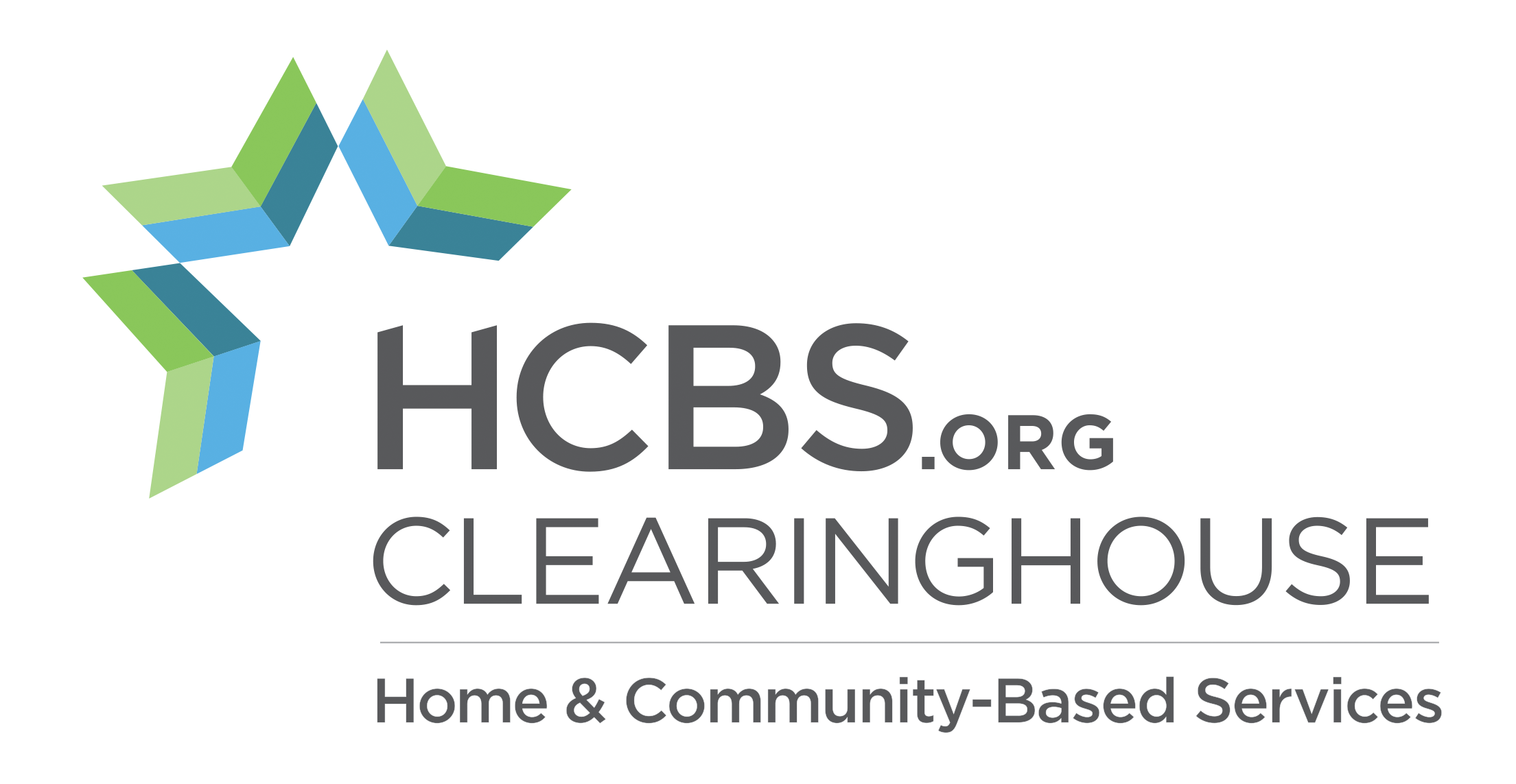
Increasing Use of the Capitated Model for Dual Eligibles: Cost Savings Estimates and Public Policy Opportunities
Article Publication Date
Summary
This report estimates that public financial and personal clinical outcomes can be improved by moving dual eligibles to capitated managed care. The authors view the clinical and eligibility characteristics of dual eligibles as well-matched to the strengths of integrated care programs. The document lays out the reasoning and data behind the estimate, recommends policy changes needed to make the transition, identifies potential barriers to implementation and offers examples from KY and MN.
Topics
Types/Tools
Populations
Sources
Programs/Initiatives
States
Keywords
capitated services; Medicare; expenditures; Passport Advantage; Senior Health Options; Kentucky’s Passport Advantage Program; Minnesota Senior Health Options (MSHO);
Contact
Lewin
Group
NULL
Phone
703-269-5500

